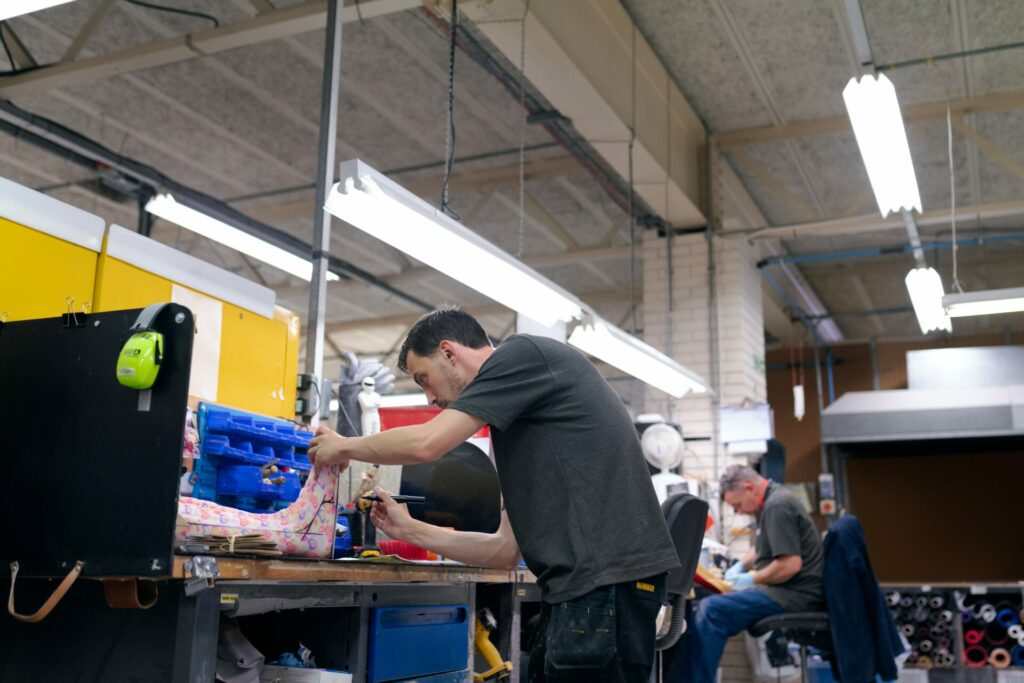The Royal Federation of Belgian Engineering Associations (FABI) has sounded the alarm on Belgium's dire shortage of engineers, a crisis that is forecasted to worsen in the coming years.
This week marked World Engineering Day for Sustainable Development (4 March). According to FABI, Belgian companies and industries are in urgent need of over 2,000 engineers annually, while only around 1,500 graduates are entering the workforce each year. This significant deficit of more than 500 engineers annually poses a grave challenge to the country's economic growth and innovation capacity.
FABI President Anne Fievez told L'Echo the critical role that engineers play in driving research and development, implementing essential transitions, and maintaining competitiveness across various sectors. However, she expressed concern that the current shortfall is impeding these vital functions.
Selling STEM
Looking ahead to 2030, FABI anticipates a further exacerbation of the engineer shortage, with an estimated need for nearly 2,000 additional engineers to tackle the demands of innovation, particularly in ecological, climate, biomedical, and digital technologies. To address this looming crisis, FABI advocates the immediate implementation of a comprehensive strategic plan to promote science and mathematics education among young people from an early age.
Central to FABI's proposed solution is a concerted effort to reshape the public perception of science and engineering, which are often perceived as daunting fields. The federation commended initiatives such as the Euro Space Center's STEM awareness campaigns and proposed the adoption of programmes such as Sweden's 'Tekniksprånget', which connects students with engineering internships to provide practical experience and mentorship.
FABI's Secretary General Guillaume Dewispelaere also stressed the importance of fostering partnerships between engineering schools and experienced professionals. This provides students with meaningful hands-on experience and networking opportunities.
Furthermore, Dewispelaere highlighted the need to address gender disparities within the engineering field, with women currently representing less than 20% of engineers in Belgium. The federation attributed this imbalance to persisting stereotypes and called for efforts to create a more inclusive and diverse engineering workforce.
Cross-border issue
Beyond Belgium, the engineer shortage is a global concern, with projections indicating a deficit of over 2.4 million engineers worldwide by 2024.
In the United States, the shortfall in science and engineering graduates could result in significant economic losses, while Europe faces an urgent need for an additional 150,000 engineers to support innovation and competitiveness.
Developing countries, particularly in sub-Saharan Africa, are also grappling with severe shortages of engineers and technicians. This is hindering progress towards the UN's Sustainable Development Goals related to access to clean water and sanitation.
In light of these challenges, FABI urges policymakers, educational institutions, and industry stakeholders to collaborate on comprehensive strategies to address the engineer shortage and ensure a sustainable future for Belgium's economy and society.

